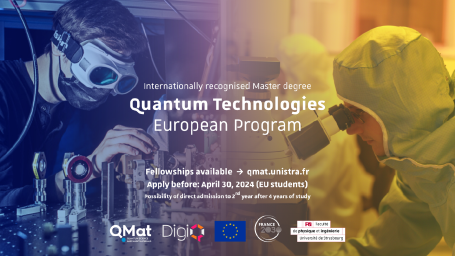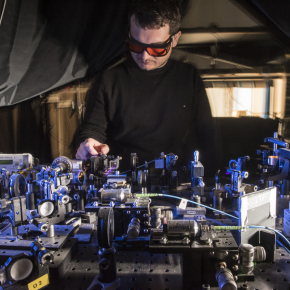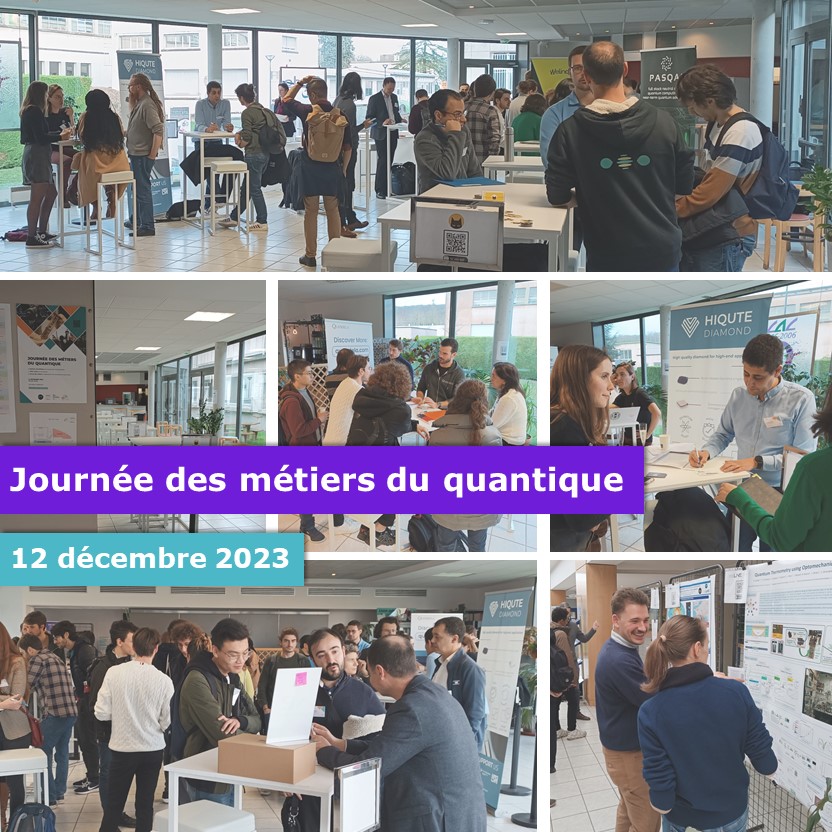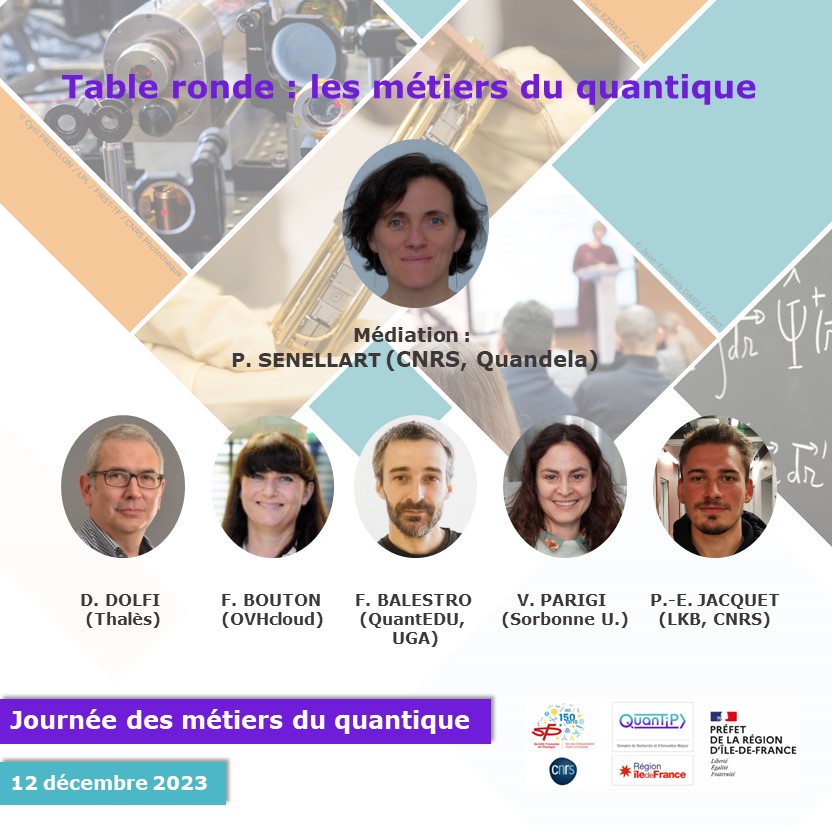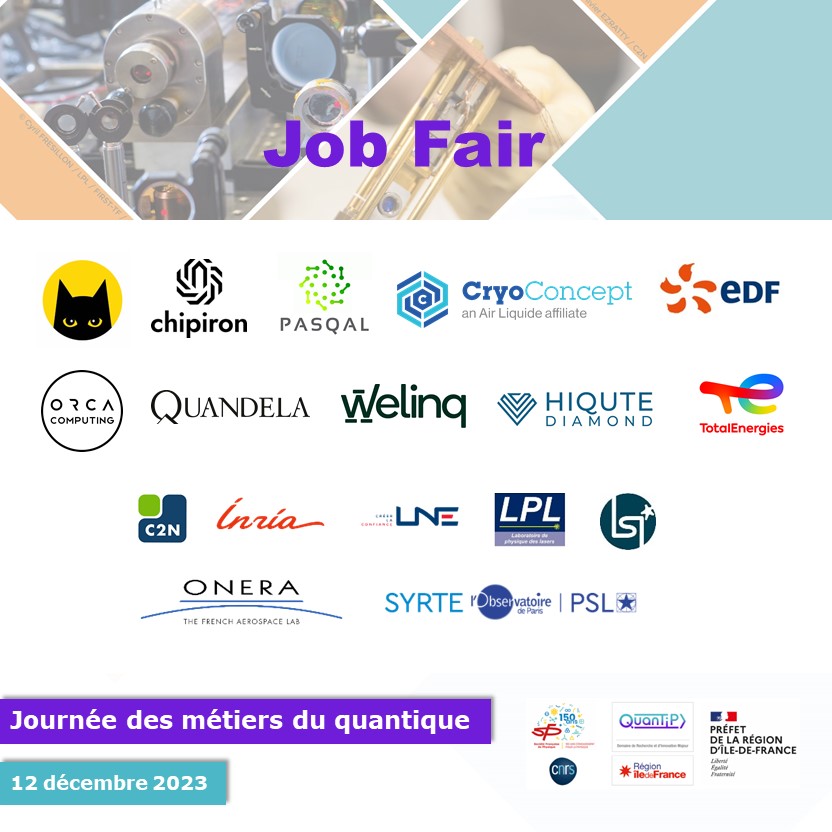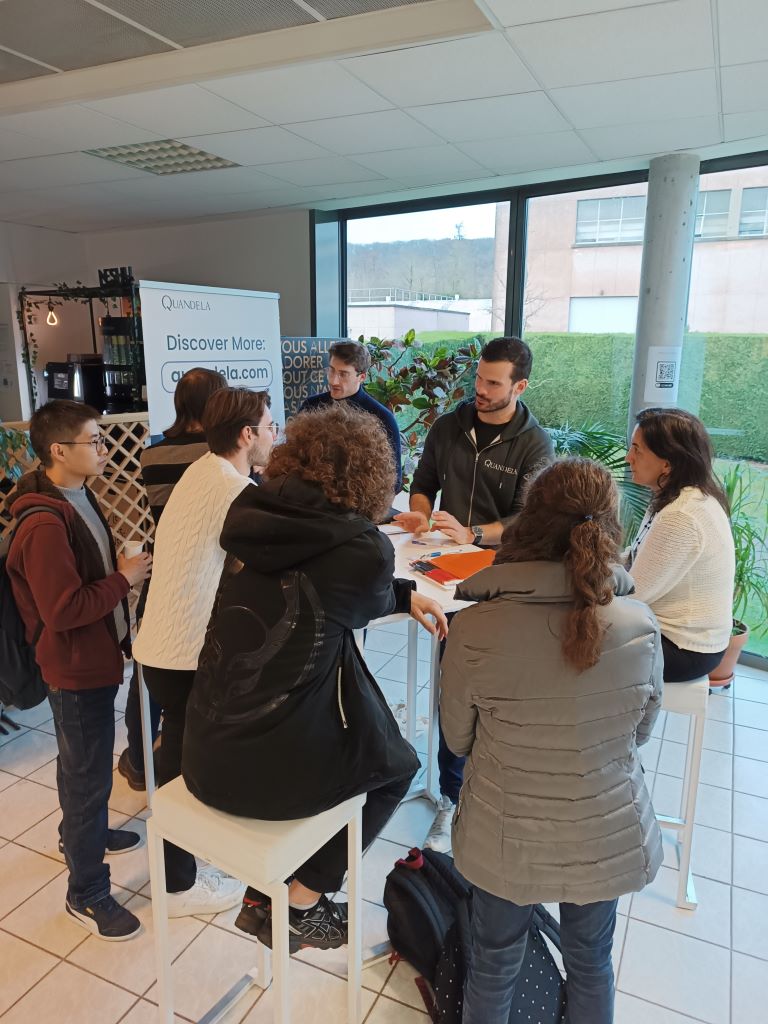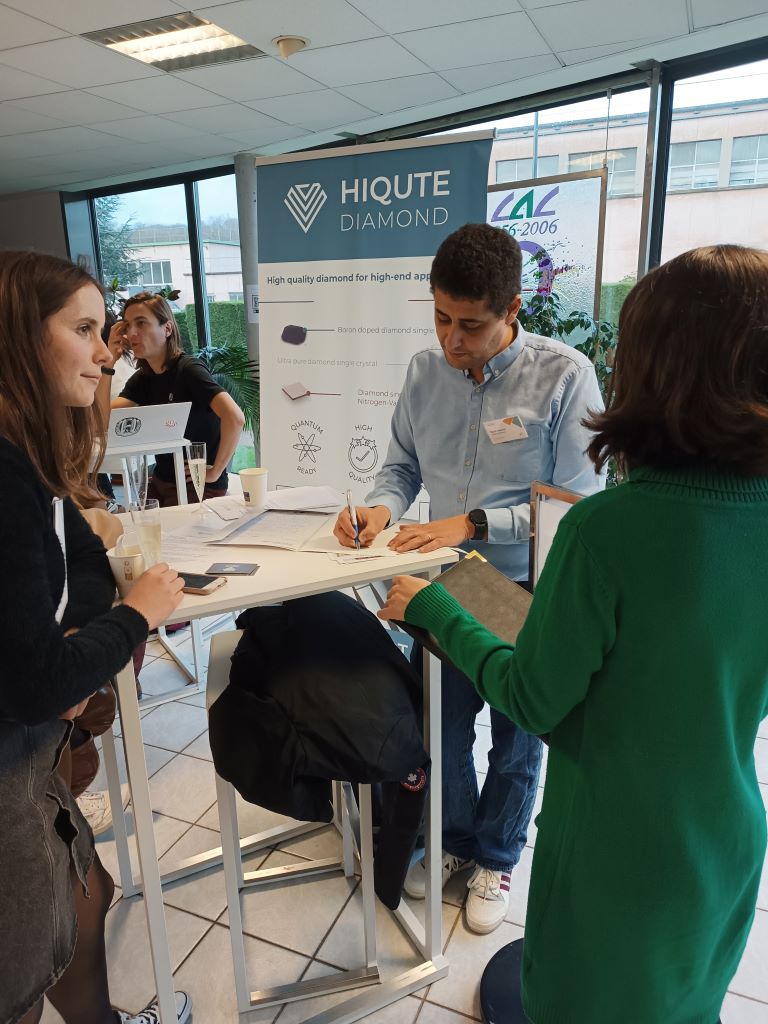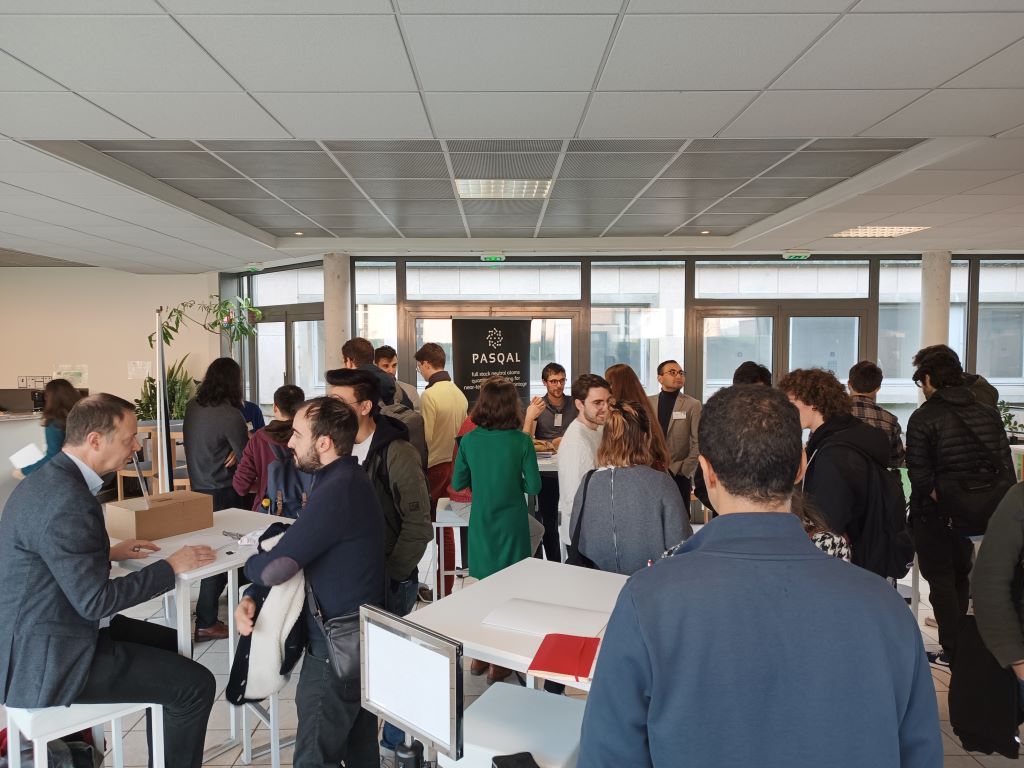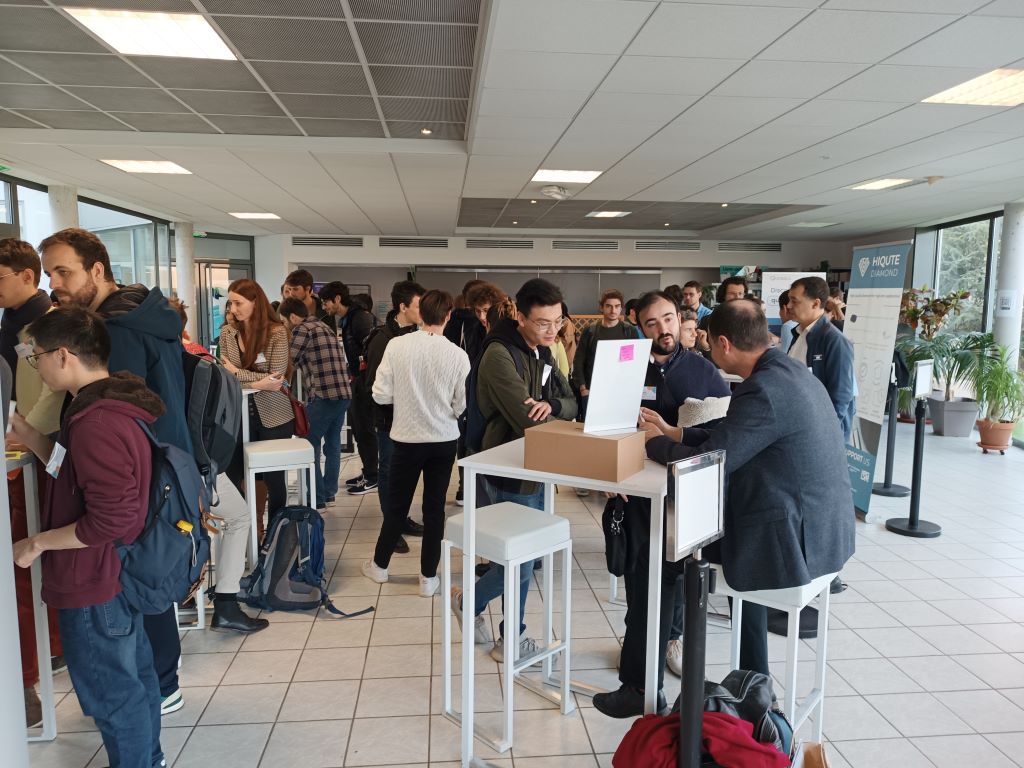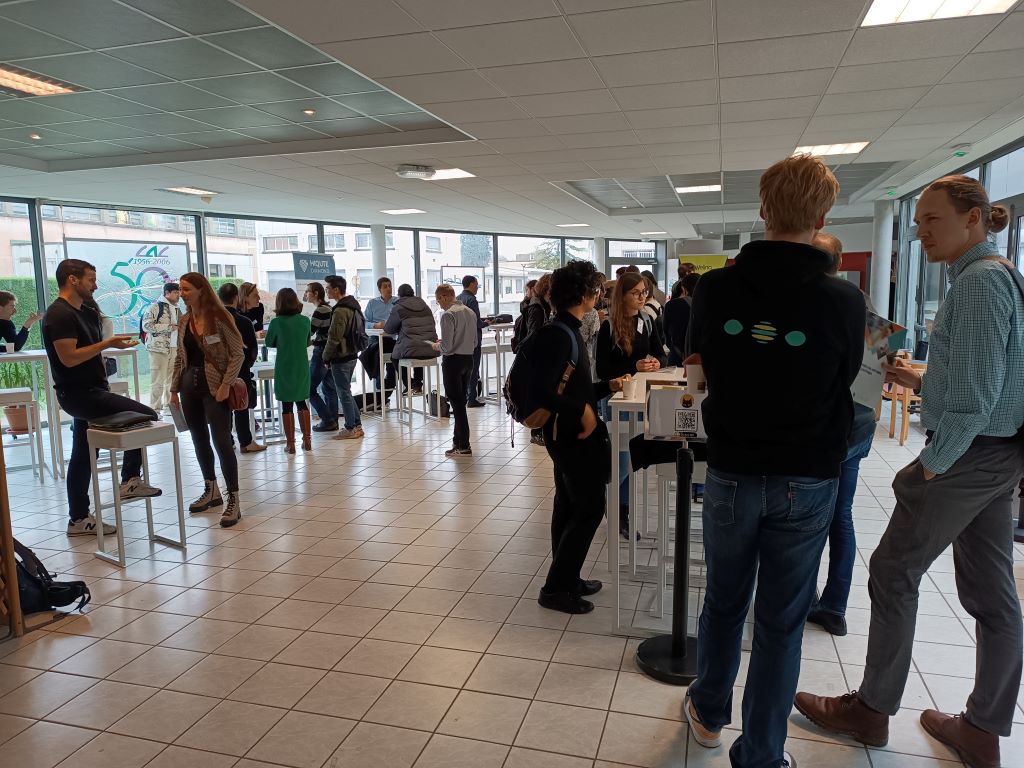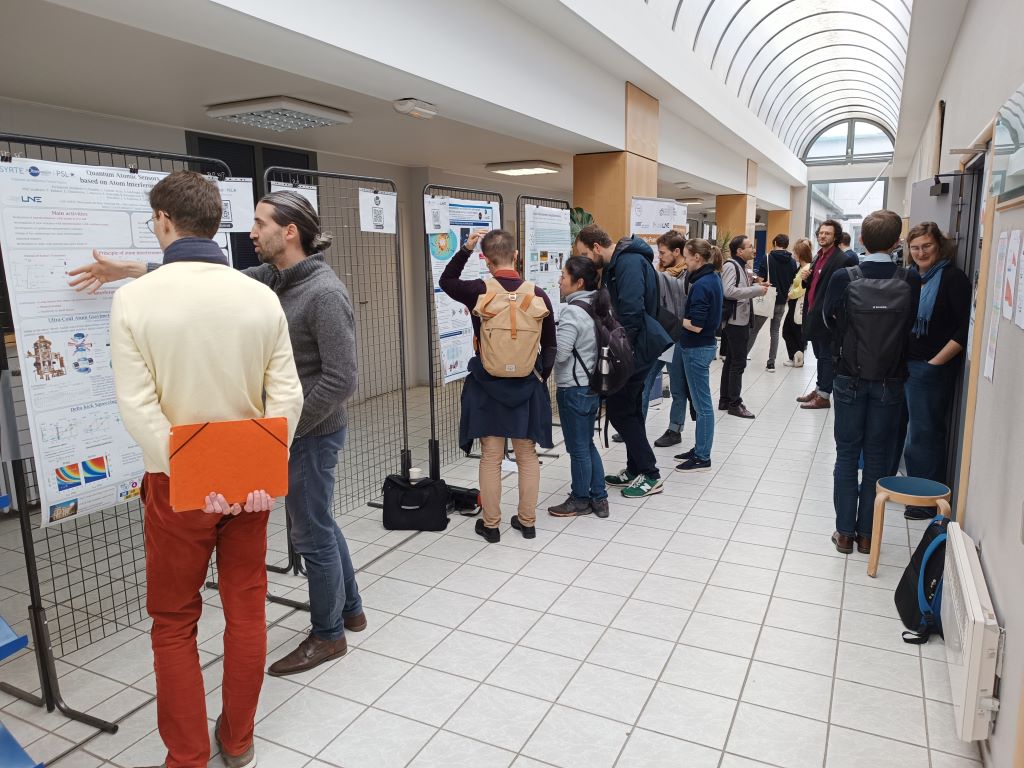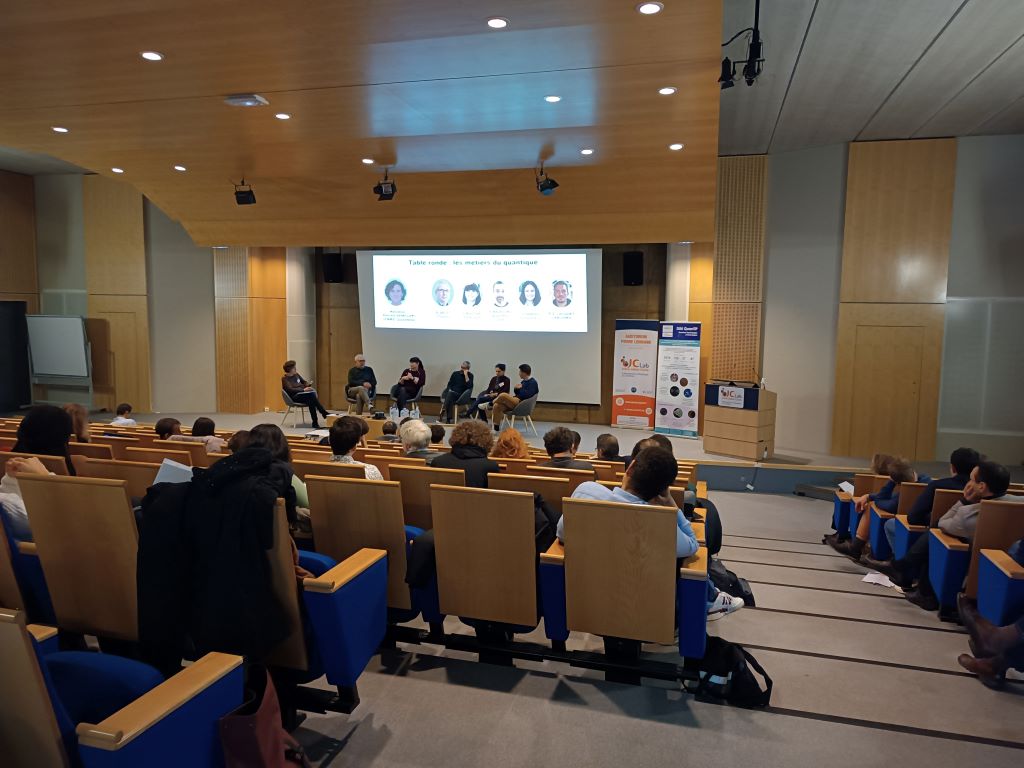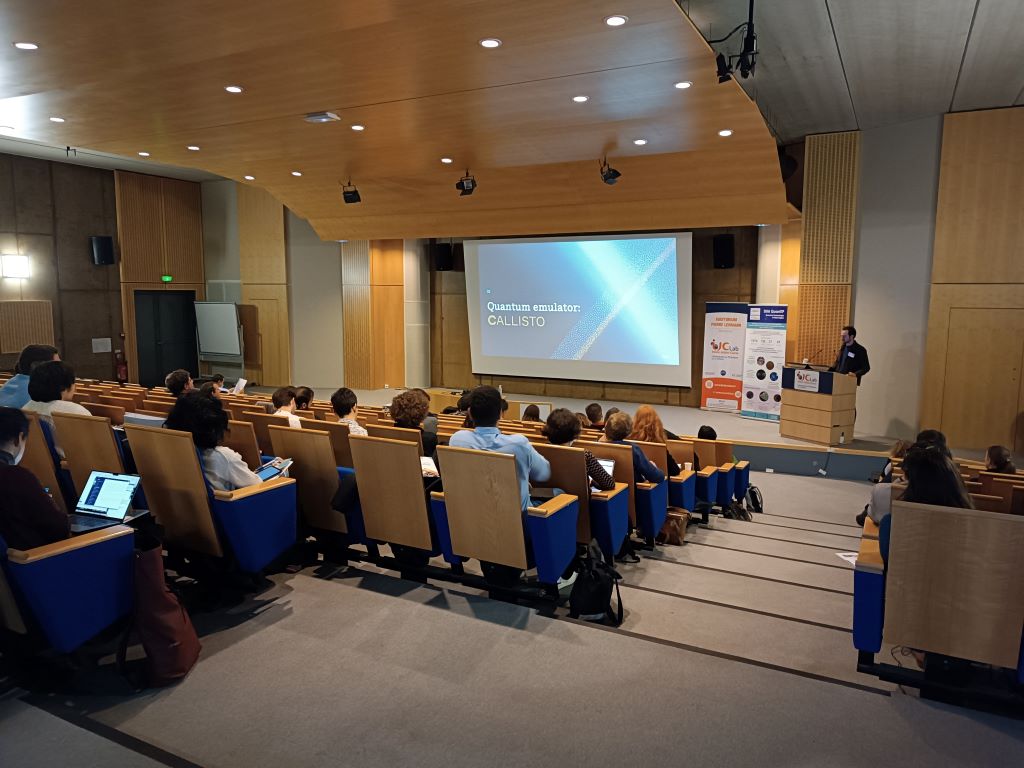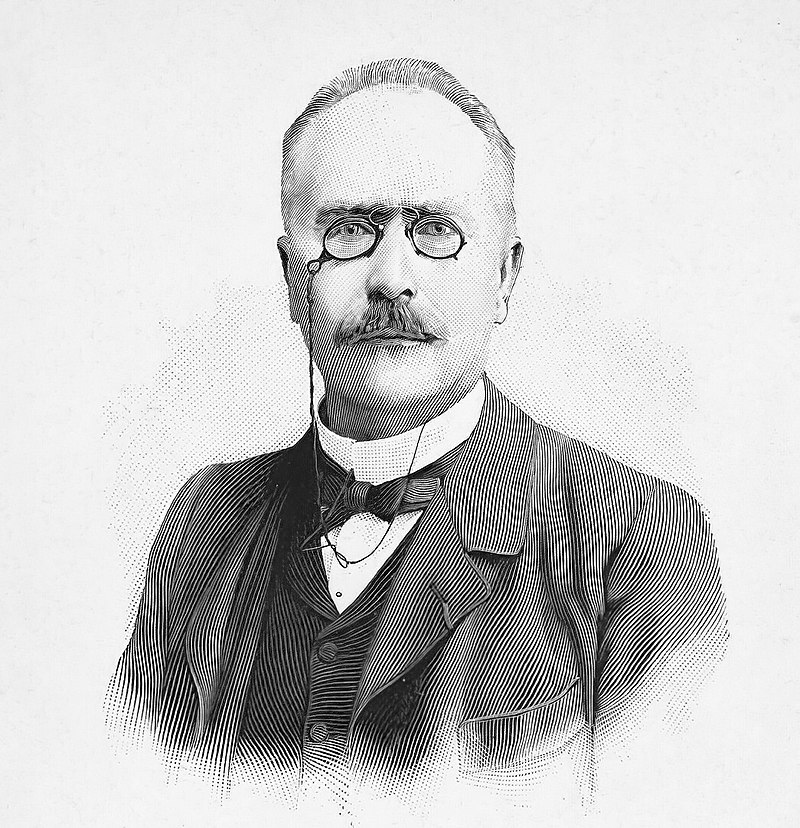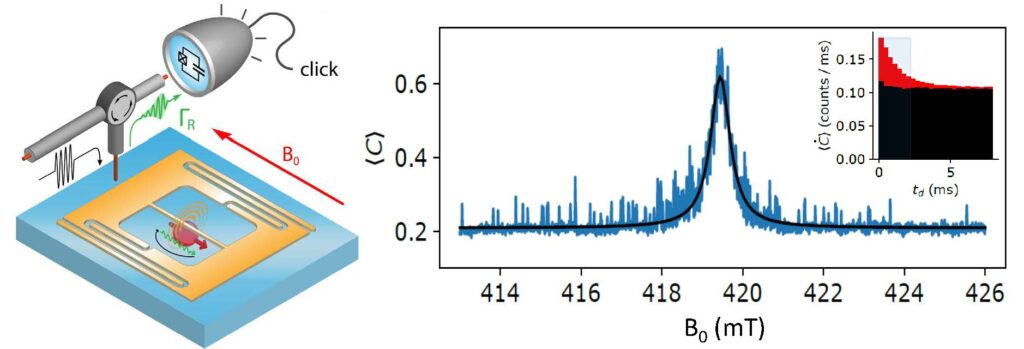European Commission Awards Prestigious Grant to EPIQUE Consortium for Groundbreaking Quantum Photonics Computing Research.
The European Commission has granted a significant research award to the EPIQUE consortium, a collaborative effort comprising 18 esteemed partners renowned for their excellence in quantum technologies. The grant started on 1 January 2024 worth a total of 10.340.000 €, and will boost the EU commitment to advancing the field of Quantum Computing (QC) using cutting-edge photonics technology.
This project has been funded within the EU Quantum Flagship. The Quantum Flagship was launched in 2018 as one of the largest and most ambitious research initiatives of the European Union. With a budget of at least €1 billion and a duration of 10 years, the flagship brings together research institutions, academia, industry, enterprises, and policy makers, in a joint and collaborative initiative on an unprecedented scale.
The awarded project EPIQUE-European Photonic Quantum Computer is centered around the development of photonic quantum computing (QC) platforms. Photonic devices offer many advantages such as low decoherence and natural connectivity for distributed and blind quantum computing. Recent breakthroughs in quantum advantage have highlighted the potential of photonics for QC.
However, existing achievements have often been limited by bulky apparatuses that are hard to scale. Recognizing this challenge, the EPIQUE consortium aims to leverage Europe’s leadership in integrated optical QC platforms. The consortium brings together experts from academia and small to medium-sized enterprises (SMEs) with a shared goal of achieving technological breakthroughs necessary for the realization of a general-purpose quantum computing platform.
The abstract of the proposal outlines the EPIQUE consortium’s approach, emphasizing advancements in nanofabrication that combine on the same platform (i) novel switching technology with mature silicon-compatible circuitry, (ii) optimization of single photon sources and detectors, (iiI) new interfacing possibilities in silicon nitride and, direct-write modular chips, and (iv) fast low-loss switching in lithium niobate. These innovations will be harnessed to develop three QC prototypes demonstrating essential building blocks for entangling over 10 qubits, with demonstration of critical measurement and feedforward capabilities, attaining specifications that open the route to scaling the system towards over 1000 qubits.
Prof. Fabio Sciarrino from Sapienza Università di Roma, the EPIQUE Coordinator, commented on the project’s potential impact on the future of quantum computing, stating: « EPIQUE’s work is poised to set a new European standard in photonic quantum computing research. By integrating advancements in both technology and algorithms, we are focused on developing a viable trajectory towards an innovative quantum computing platform. The impact of the developed technologies can also affect other application areas of quantum technologies, such as quantum sensing and metrology »
The team led by Prof. Pascale Senellart at CNRS – Center for Nanoscience and Technology will contribute to the project by developing highly efficient sources of entangled photons and building and operating one of the three QC prototypes together with Sapienza Università di Roma.
The project’s successful conclusion would mark a significant milestone in the field of optical quantum computing, fostering innovation within the European Union. The EPIQUE consortium looks forward to contributing to the global quantum revolution, propelling Europe to the forefront of quantum technology development.
All project partners are meeting at Sapienza University of Rome on January 18th-19th 2024, to kick-off the scientific activities.
About EPIQUE Consortium
The EPIQUE consortium comprises 18 leading partners in the field of quantum technologies, spanning academia and SMEs. Their collaborative efforts aim to drive advancements in quantum computing using photonics technology, with a focus on scalability and practical applications. The EPIQUE partners are
- UNIVERSITA DEGLI STUDI DI ROMA LA SAPIENZA (UNIROMA1) Italy
- CONSIGLIO NAZIONALE DELLE RICERCHE (CNR) Italy
- UNIVERSITA DEGLI STUDI DI FIRENZE (UNIFI) Italy
- CENTRE NATIONAL DE LA RECHERCHE SCIENTIFIQUE CNRS (CNRS) France
- COMMISSARIAT A L’ENERGIE ATOMIQUE ET AUX ENERGIES ALTERNATIVES (CEA) France
- QUANDELA France
- SINGLE QUANTUM BV (Single Quantum) Netherlands
- UNIVERSITAET PADERBORN (UPB) Germany
- RUPRECHT-KARLS-UNIVERSITAET HEIDELBERG (UHEI) Germany
- QUBIG GMBH (QUBIG) Germany
- UNIVERSITAT WIEN (UNIVIE) Austria
- DANMARKS TEKNISKE UNIVERSITET (DTU) Denmark
- NKT PHOTONICS A/S Denmark.
- LABORATORIO IBERICO INTERNACIONAL DE NANOTECNOLOGIA LIN (INL) Portugal
- NAUKOWA I AKADEMICKA SIEC KOMPUTEROWA – PANSTWOWY INSTYTUT (NASK) Poland
- CESKE VYSOKE UCENI TECHNICKE V PRAZE (CVUT) Czechia
- UNIVERSITY COLLEGE CORK – NATIONAL UNIVERSITY OF IRELAND, CORK (UCC) Ireland
- INTERUNIVERSITAIR MICRO-ELECTRONICA CENTRUM (IMEC) Belgium
For more information, visit EC Cordis Website.




